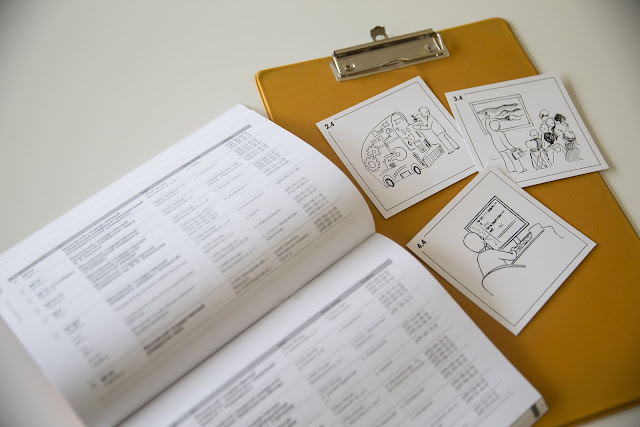Unit I: Introduction to Psychology as a Science of Mind and Behavior (Very Short Answer Questions) - BA, BBA, BHM (Part 2)
Unit I: Introduction to Psychology as a Science of Mind and Behavior (Very Short Answer Questions) - BA, BBA, BHM (Part 2)
1. Define Structuralism.
Ans: Structuralism believes that consciousness is the present experience or the awareness of the individual.Structuralism is a mental approach to study human nature. It emphasizes on the study of structure of mental process (that constitute consciousness). Wundt and Titchener use Introspection method for studying the structure of conscious experience.
2. Define Functionalism.
Ans: Functionalism is the doctrine that what makes something a thought, desire, pain (or any other type of mental state) depends not on its internal constitution, but solely on its function, or the role it plays, in the cognitive system of which it is a part.
3. Define behaviorism.
Ans: Behaviorism is the psycholoical approach which emphasizes scientific and objective method of investigation.
4. Define behavior.
Ans: Behavior is the sum total of activity which reflects directly or indirectly.
Ans: Overt behavior is the behavior which can be observed directly.
Covert behavior is internal subjective experience which cannot be observed directly.
6. What is descriptive method?
Ans: Descriptive research is a research method describing the characteristics of the population or phenomenon studied. This descriptive methodology focuses more on the “what” of the research subject than the “why” of the research subject.
7. Define case study.
Ans: A case study is a research approach that is used to generate an in-depth, multi-faceted understanding of a complex issue in its real-life context. It is an established research design that is used extensively in a wide variety of disciplines, particularly in the social sciences.
8. Define survey.
9. What is naturalistic observation?
Ans: Naturalistic observation is a research method that involves observing subjects in their natural environment. This approach is often used by psychologists and other social scientists. It is a form of qualitative research, which focuses on collecting, evaluating, and describing non-numerical data.
10. Define correlation.
Ans:Correlation is a statistical measure that expresses the extent to which two variables are linearly related (meaning they change together at a constant rate). It's a common tool for describing simple relationships without making a statement about cause and effect.
11. What do you mean by experimental method?
Ans: The experimental method involves manipulating one variable to determine if this causes changes in another variable. This method relies on controlled research methods and random assignment of study subjects to test a hypothesis.
You may also like to read: Unit I: Introduction to Psychology as a Science of Mind and Behavior (Very Short Answer Questions) - BA, BBA, BHM (Part 1)
References:
https://plato.stanford.edu/entries/functionalism/
https://www.questionpro.com/blog/descriptive-research/
https://www.ncbi.nlm.nih.gov/pmc/articles/PMC3141799/
https://www.questionpro.com/blog/surveys/
https://www.jmp.com/en_ca/statistics-knowledge-portal/what-is-correlation.html
https://www.verywellmind.com/what-is-naturalistic-observation-2795391
https://www.verywellmind.com/what-is-the-experimental-method-2795175


Comments
Post a Comment